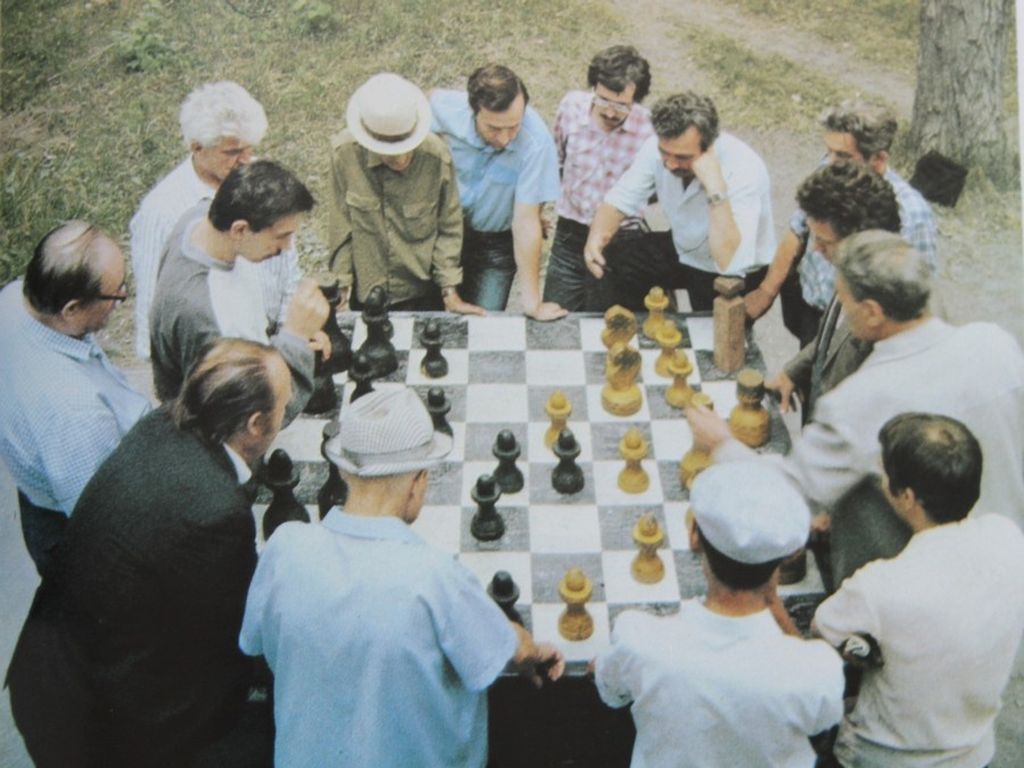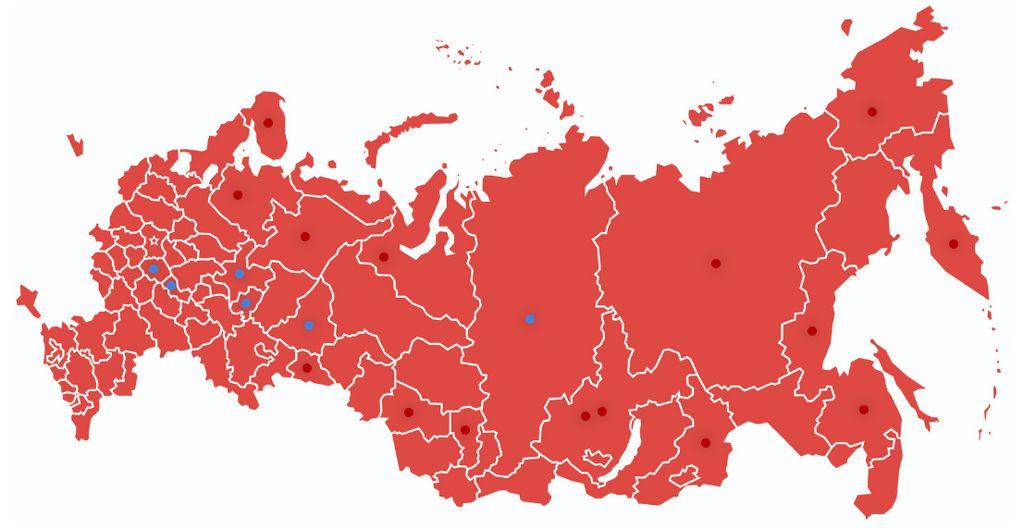Every day I read about how digitalization has changed the world and, in particular, life in Russia: how public services, maps, applications for smartphones have made people's lives easier. However, simple everyday examples show a persistent gap between the IT environment with their technologies and non-commercial projects.
The first reason, of course, is the lack of money from NGOs. The second is the lack of knowledge that something can be done simply and quickly by program methods.
July 7-8, in the Universitetsky technopark, we run the hackathon of IT solutions Socialhack, where we will work 36 hours continuously on projects. During this time, prototypes of services will be created: maps, mobile applications, chat bots.
Under the cut, a little about the hackathon case and how you can get there.
For participants, a hackathon is an opportunity to apply knowledge of individual areas in solving specific problems, to replenish your portfolio and meet like-minded people. For NPOs - to get the tools that will help in further work with their wards or facilitate the work of the organization.
As participants, we gather talented and active young people from Yekaterinburg, who want to change the environment and social relations, and organize the joint work of technical and social specialists in the format of a two-day event.
An inexperienced hackathon participant should not be afraid: among the tasks are not only complex services and mobile applications, but also simple chat bots and interactive maps. We invite programmers, marketers, designers, activists and all interested to participate.
Hackathon will be held in the traditional format. The first day will begin with the presentation of cases from NGOs and ideas from the participants, networking and the formation of teams. Then starts work on projects, interspersed with short lectures and consultations with experts. Among them are representatives of social projects, experienced developers, UI / UX designers and presentation specialists. On the second day, the project work will continue. Closer to dinner, participants will gather at the general session on the preparation of presentations and pitching, and after lunch they will tell about their results to the jury.
For all participants of the hackathon free food and transfer will be organized.
The winners of the hackathon will be awarded prizes and will receive financial support from sponsors or customers to finalize the project.
Below are some of the hackathon cases.
Warm stories map
Almost all the inhabitants of Yekaterinburg heard about the art group “Poddelniki”, who defended and restored the White Tower at Uralmash.

Now the participants, led by Polina Ivanova, are trying to awaken the residents' love for their native places: childhood, study, work. For any project to cover a whole city is a time consuming process that requires a lot of data and its reasonable structuring. Companions decided to go through the collection of user stories. To date, group members are processing and complement existing tours, manually collecting data. Our goal is to create a platform for collecting stories about our own and our neighbors' houses, with the ability to supplement and correct information.
Neighborhood
Studies show that mutual aid and joint actions are not too common. People are not accustomed to directly contact their neighbors and gather the whole house. We want to try to change this situation. Here, with digital technologies alone, it is not so simple: we know how to target advertising and track the appearance of people in a certain area, but how to use it to create communities will have to be worked out with sociologists and activists.

Community HUB
More interesting with the community community. CommHub combines disparate information to help individuals integrate into professional communities and interest groups.

At first glance, the task is simple - to create a tool for searching and registering events, aggregating information about communities and their leaders. However, by taking a step a little further, we can help communities find people close to them from another region, according to similar audiences, with close events or leader connections. A little more work with comparison algorithms, and the final tool will simplify the activities of combining people.
These three cases show how quite easy-to-use software solutions within the framework are able to make a significant contribution to solving the problems of citizens, on behalf of whom NGOs speak.
If you want to develop a service for one of the projects, come to Socialhack in Yekaterinburg!
Registration of participants here